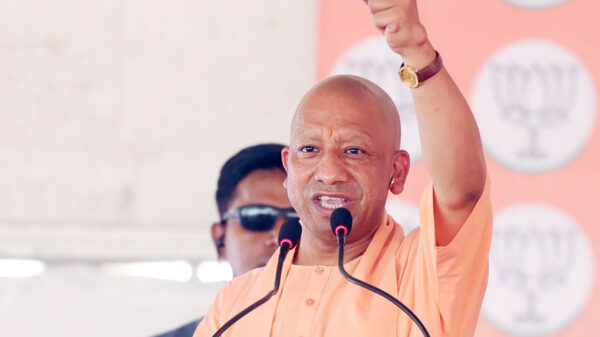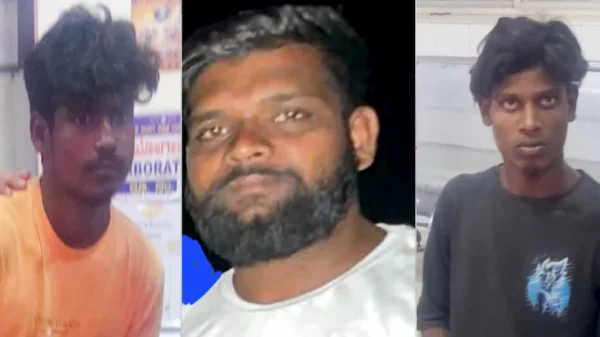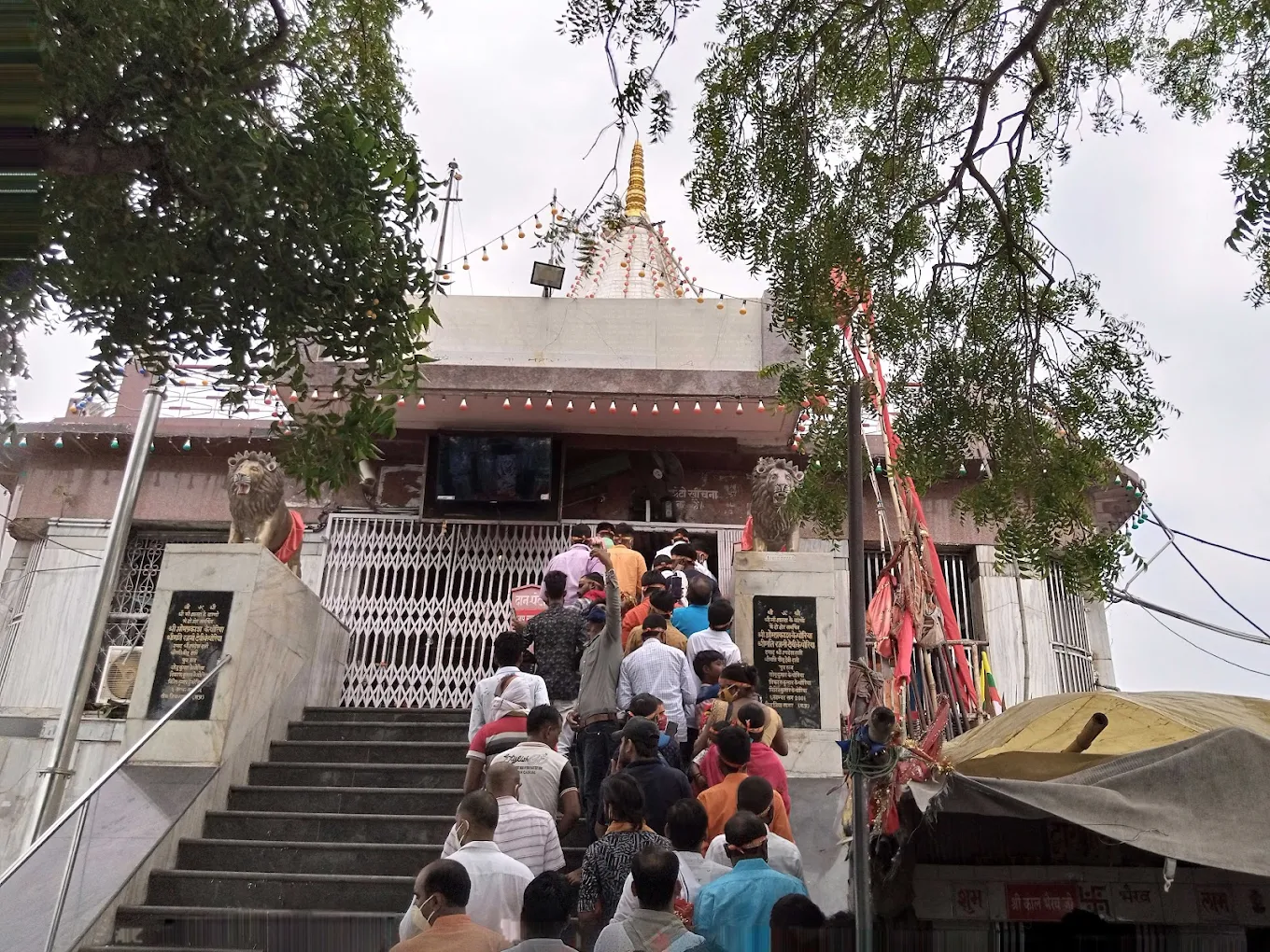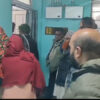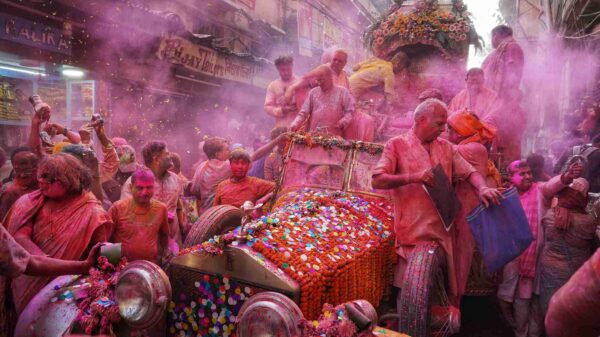Right-wing Hindu groups in Madhya Pradesh’s Maihar town are demanding the removal of all Muslim employees from the Maa Sharda Devi Temple ropeway service. The Vishwa Hindu Parishad (VHP) and Bajrang Dal submitted a memorandum to the district administration on Monday, insisting that only Hindus should be allowed to work at the temple site.
“Non-Hindus working at such a sacred site is unacceptable,” said Ravi Trivedi of the Bajrang Dal. “They neither understand our traditions nor follow our way of worship.” The groups gave authorities a seven-day deadline and threatened protests if their demands aren’t met.
The temple ropeway, one of central India’s busiest, employs several Muslim workers, many of whom have been working there since the service began. These workers now fear losing their jobs simply because of their religion.
Rafiq Ahmed, a 45-year-old technician who has worked on the ropeway for eight years, said, “It feels like we are not even allowed to earn an honest living anymore. I never felt unwelcome before, but now I’m scared. We are being punished for being Muslims.”
Imran Khan, another ropeway worker, questioned the logic behind the demand. “This ropeway does not belong to any one religion. We serve everyone—Hindus, Muslims, Sikhs, Christians. But now our religion is being used against us. This is wrong.”
The VHP and Bajrang Dal claimed in their letter that Muslim workers had misbehaved with passengers and violated “religious norms,” though they provided no evidence. “They are inventing reasons to justify their hate,” said one local resident who did not want to be named. “If someone does wrong, take action against that person—not a whole community.”
One of the VHP leaders, Suresh Pandey, also alleged that an order was issued by the Religious Affairs Department in 2023 to remove non-Hindu workers from temple sites, but it was never enforced. “We submitted the same demand last year. This time we are ready to protest,” he said.
The local administration has not made its position clear. “We have received the complaint and will look into the matter,” said Additional Collector Shailendra Singh. “Any decision will be taken according to rules and regulations.”
For many Muslim workers, that vague response brings little relief. Azeem Khan, a 29-year-old maintenance worker, asked, “Should I change my name to survive? Nobody ever had a problem with me until now. Why are they punishing us all?”
Human rights groups and activists have condemned the demand as blatant religious discrimination. “This is a clear case of economic boycott against Muslims,” said Jabalpur-based social worker Faizan Shaikh. “It’s part of a wider plan to push Muslims out of public and religious spaces.”
Even some Hindus have spoken out. “This temple belongs to all devotees, not just to VHP and Bajrang Dal,” said Harish Tiwari, a priest from a nearby village. “If someone is doing his job honestly, his religion should not matter.”
No political leader has come forward to support the Muslim workers or denounce the VHP-Bajrang Dal’s demand. “The ruling party is silent because they benefit from this hate,” said Abdul Qayyum, a retired teacher. “And the opposition fears being labelled anti-Hindu if they speak up. Who will speak for us then?”
With the deadline from the Hindu groups fast approaching, tension is growing in Maihar. Muslim families now live in fear of sudden job loss and an uncertain future.
“This is not just about a job,” said Noor Mohammad, a father of three. “This is about my children’s school fees, my family’s food, and my parents’ medicine. If they remove me, what will I do?”
Rafiq Ahmed summed it up simply: “We don’t want to fight anyone. We just want to work with dignity and feed our families. Is that too much to ask?”









